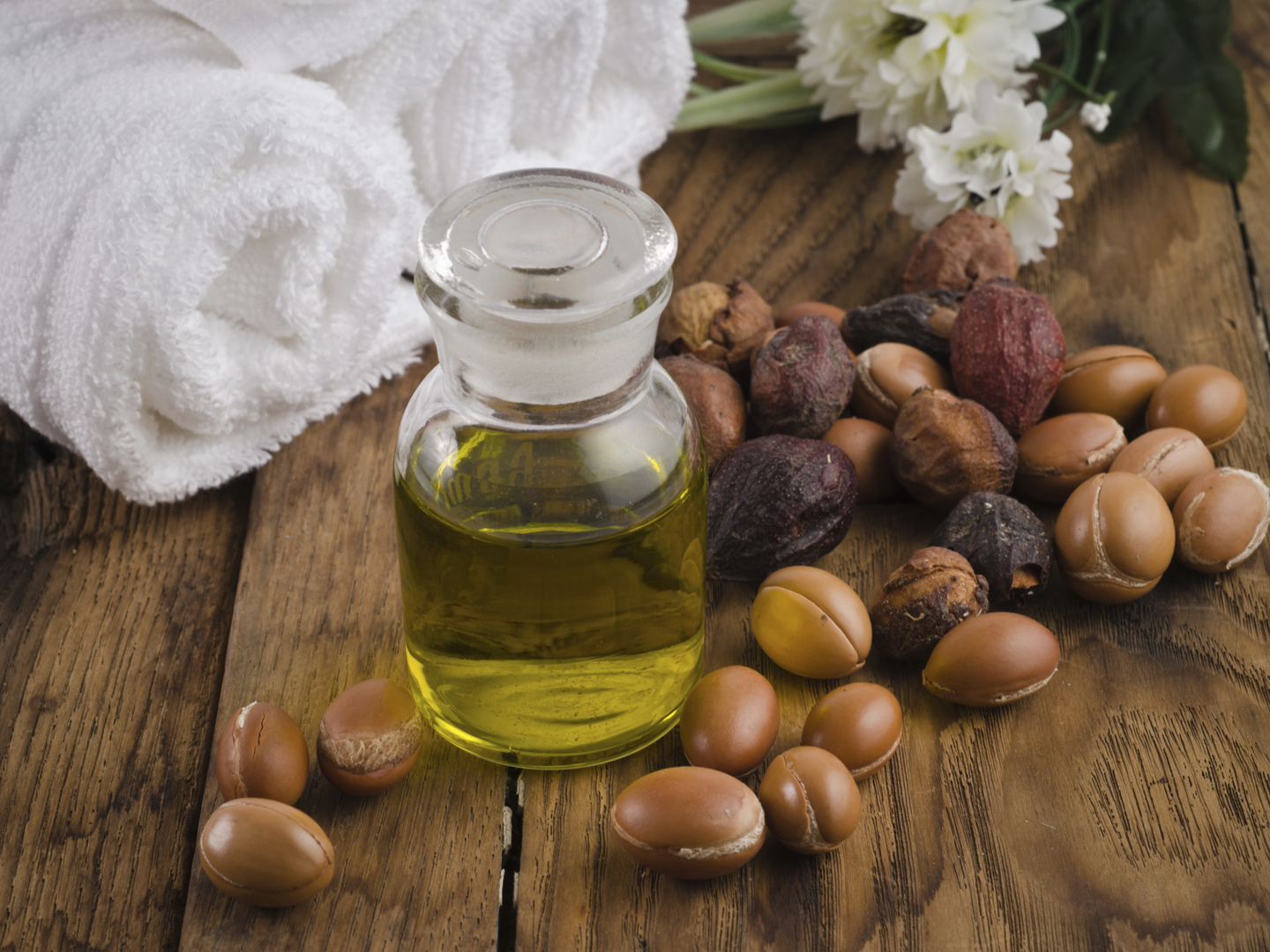A Healthy Oil from Morocco?
Could you share any information about argan oil from Morocco for diabetes?
Andrew Weil, M.D. | September 5, 2002

Argan oil is just becoming available in this country, but relatively little is known about its effects on health. For the record, the oil comes from the kernels of the fruit of the argan tree, which grows almost exclusively in Morocco. The process for extracting the oil is tedious and time-consuming and done entirely by hand. First, you have to harvest the fruit (often after it has been eaten and passed through the bodies of goats), then dry it in the sun, then crack the nuts to get to the kernels, which look something like tiny almonds. The kernels are toasted over charcoal and ground into a thick paste, which has to be kneaded until the oil oozes out. Moroccans use the oil sparingly to impart a nutty flavor to salad dressings, tagines (kinds of stews) and, sometimes, couscous.
Reportedly, argan oil is high in antioxidants and composed of 80 percent unsaturated fats. The single scientific study I was able to find showed that it lowered blood pressure, cholesterol levels and blood glucose levels in laboratory gerbils. It may well do the same in humans, but there are no published studies demonstrating these effects. Without more scientific information, I can’t say whether or not it would be helpful for someone with diabetes.
After I got your question, I ordered argan oil off the Internet. It’s available in both toasted and untoasted varieties and is very pricey – almost $40 for a mere 8.45 ounces. The toasted form has a more pronounced nutty taste and reminds me of walnut oil. At those prices, I think argan oil will remain an exotic gourmet treat rather than a familiar ingredient in cooking.
And I doubt that it will assume any major role in the management of diabetes. We already have approaches that work well – lose weight if you’re overweight, avoid sugars and starchy foods that are high on the glycemic index, get regular exercise, eat fish at least three times a week and use olive oil in moderation (in preference to saturated and polyunsaturated fats) and eat lots of non-starchy vegetables.
Andrew Weil, M.D.









